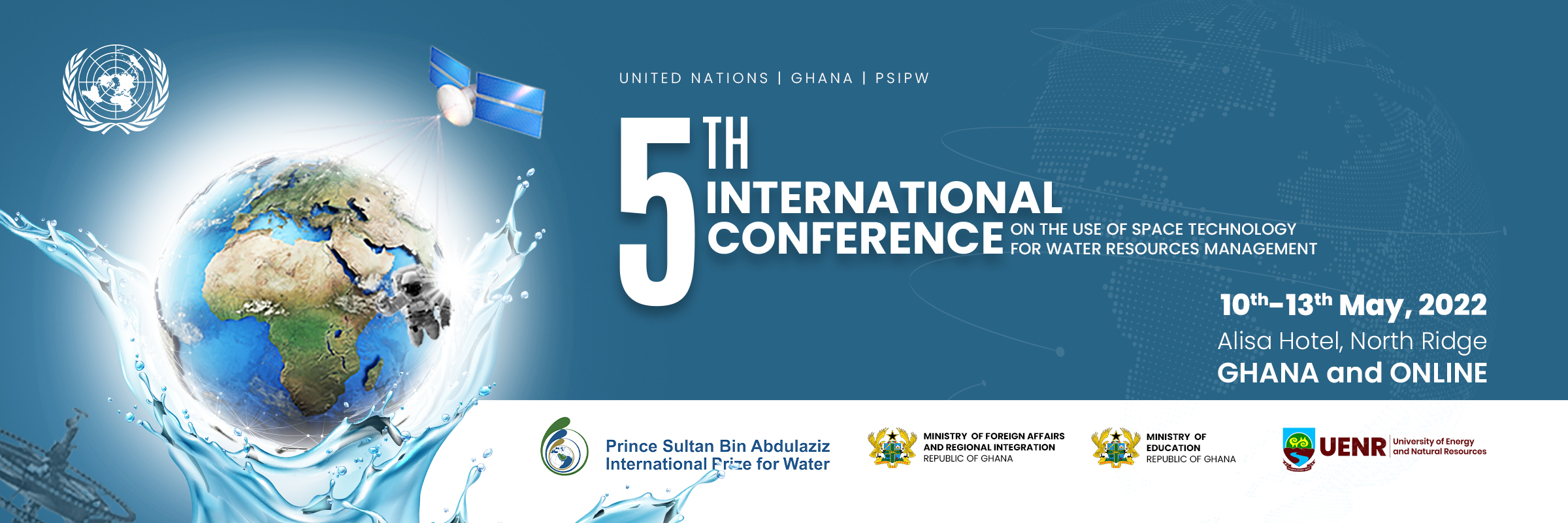“
Advancing Human Progress: The Role of Foreign NGOs
Foreign NGOs (Non-Governmental Organizations) play a crucial role in advancing human progress and promoting shared goals across the globe. These organizations, which are legally established overseas, work tirelessly to relieve human suffering, defend human rights, and uplift entire communities. In this article, we will explore the significance of foreign NGOs and their impact on society.
The Importance of Foreign NGOs
Foreign NGOs serve as catalysts for positive change by facilitating informed evaluation, conducting joint projects, and jointly discussing ideas with local organizations and governments. They bring together diverse perspectives and expertise to address pressing issues such as poverty, education, healthcare, and environmental conservation.
One of the key advantages of foreign NGOs is their ability to provide funding, ideas, and assistance to local communities. Through their networks and partnerships, they mobilize resources and implement sustainable development projects. By working collaboratively, foreign NGOs and local organizations can achieve greater impact and create lasting change.
Legal Framework and Challenges
Foreign NGOs operate within a legal grey area in many countries. While they are legally established overseas, their activities in a host country may require compliance with local regulations and laws. This can pose challenges, as different countries have varying requirements and restrictions for foreign NGOs.
Additionally, foreign NGOs must navigate cultural and political sensitivities in their host countries. They must avoid making judgments or interfering in local affairs while still upholding their mission to protect human rights and promote democracy. This delicate balance requires careful navigation and understanding of the local context.
Foreign NGO Funding and Support
Foreign NGOs rely on funding from a variety of sources, including governments, foundations, and individual donors. They often receive grants and financial support from international organizations and foreign governments. This funding enables them to carry out their programs and initiatives effectively.
However, foreign NGO funding can sometimes be a contentious issue. Some governments view foreign funding as a potential security threat or a means of influencing domestic policies. In such cases, foreign NGOs must navigate political sensitivities and ensure transparency in their operations.
Examples of Foreign NGOs
There are numerous foreign NGOs that have made significant contributions to advancing human progress. Here are a few notable examples:
- Yona Schiffmiller – Director of an NGO focused on promoting education and healthcare in underprivileged communities.
- Itamar Marcus – Founder of an NGO dedicated to documenting human rights abuses and advocating for justice.
- Eugene Kontorovich – Director of an NGO that works on legal issues related to international law and human rights.
Foreign NGOs and Policy Considerations
Foreign NGOs have renewed policymakers’ attention in recent years, with governments introducing legislation to regulate their activities. In some cases, there have been dozen bills seeking to investigate potential violations or impose stricter regulations on foreign NGOs.
It is essential for policymakers to strike a balance between protecting national interests and fostering an environment that allows foreign NGOs to operate effectively. A special treaty providing a framework for collaboration and cooperation between governments and foreign NGOs could be a potential solution.
The Future of Foreign NGOs
As the world becomes increasingly interconnected, the role of foreign NGOs in advancing human progress will continue to evolve. The approach of giving and joining forces to address global challenges is becoming more prevalent.
Foreign NGOs have a unique position to bridge gaps, protect human rights, and conduct joint projects that leave open space for collaboration and innovation. They play a vital role in defending democracy, combating electronic espionage, and addressing conceivable ideology and political issues.
Conclusion
Foreign NGOs, with their dedication and commitment to promoting human progress, have become indispensable in our global society. Through their funding, expertise, and collaborative efforts, they contribute to the upliftment of entire communities and the protection of human rights.
Contact No: [Insert Contact Number if Available]
“





